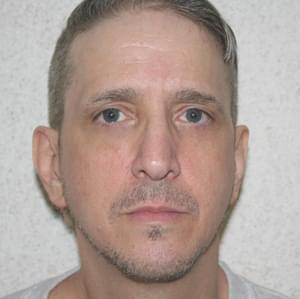In Smith v. Spisak, the U.S. Supreme Court agreed for a second time to review questions of jury instructions presented during the penalty phase and ineffective assistance of counsel at the defendant’s trial. Frank Spisak was convicted and sentenced to death for the murder of three people at Cleveland State University in 1982. While the Ohio Supreme Court affirmed the convictions and sentence, the U.S. Court of Appeals for the Sixth Circuit granted habeas corpus relief, thereby vacating Spisak’s death sentence. The Sixth Circuit held the judge’s sentencing instructions were improper because they suggested to the jury that unanimity had to be reached on individual mitigating factors and that the defendant had to be unanimously acquitted of the death sentence before a life sentence could be imposed. Additionally, the Sixth Circuit ruled that defense counsel had been constitutionally ineffective during penalty-phase closing arguments, making inappropriate statements about the defendant that may have impacted the outcome of the sentencing decision.
In 2007, the U.S. Supreme Court vacated the judgment handed down by the Sixth Circuit and remanded the case to be reconsidered in light of Carey v. Musladin and Schriro v. Landrigan. However, the Sixth Circuit found those cases distinguishable and reinstated its grant of sentencing relief to Spisak. The U.S. Supreme Court has again granted the State’s Petition for Writ of Certiorari and will decide whether the Sixth Circuit’s decision on the issue of jury instructions conformed to federal law and legal precedent, and whether it exceeded its authority in finding defendant’s trial counsel constitutionally ineffective.
(See Smith v. Spisak, No. 08-724, cert. granted Feb. 23, 2009; see also Spisak v. Mitchell, No. 03-4034 (6th Cir. April 11, 2008)). See Supreme Court and Representation.
United States Supreme Court
Jun 13, 2024

By Reversing Grants of Relief, Supreme Court Signals Lower Courts to Apply Stricter Approach to Review of Ineffective Assistance of Counsel Claims
United States Supreme Court
Apr 17, 2024


